Winters have come and the whole array of fresh fruits and vegetables are in the season right now. With so many winter seasonal fruits and vegetables you need to know which one is the most beneficial.
Suggested To Check – How To Boost Your Immunity During Your Pregnancy?
Eating seasonal fruits and vegetables provides you a multitude of benefits. These fruits and vegetables help combat winter borne diseases. For example, December is a good harvest of producing oranges. Moreover, it contains vitamin C that helps in fighting colds. Thus, for maintaining a healthy diet eat these Best winter fruits and vegetables.
Modern food processing techniques have made a variety of fruits and vegetables available all year round. Most of the fruits and vegetables have been usually found seasonal. It has been found that if you follow the traditional way of eating seasonal food & veggies then it will help in keeping you healthy.
What fruits and vegetables are in season during winter?
Have a look at the top 10 winter fruits and vegetables in India
Top 5 Winter Vegetables in India
1: Carrots:
This type of veggie contains the maximum amount of carotene when compared to other ones. Besides it is an excellent source of vitamin B, C, D, E, and K. You can either eat them raw or cook them as a meal.
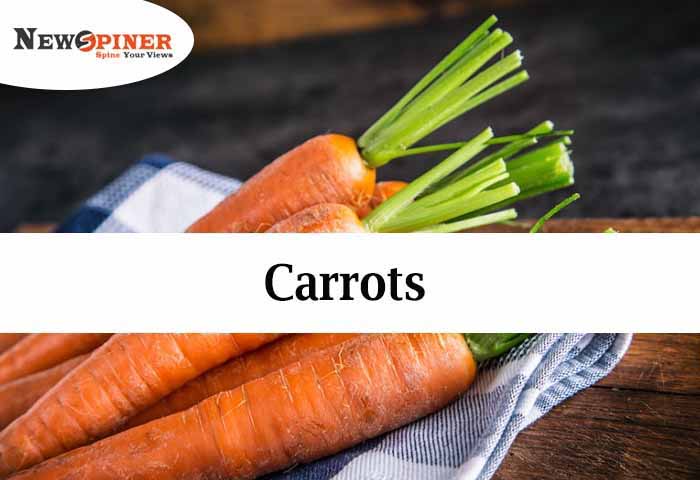
Carrot is mostly available during the winter season. It is a great source of vitamins and Minerals. If a person who is consuming carrots can help in curing the deficiency of Vitamin B, C, D, E, and K. It also includes iron, copper, potassium in it.
The health benefits of consuming carrots are numerous. The one who makes daily consumption of carrots leads towards better eyesight, improved immunity and safeguards you from cancer. Blood, sugar levels can also get controlled when consuming the carrots.
2: Peas:
Another important winter vegetable is Peas. It also comes along with various health benefits. The best advantage of it is that it can be easily incorporated into most Indian food. Peas contain vitamin B and K in ample amounts. It mainly acts as an anti-inflammatory substance in the body.
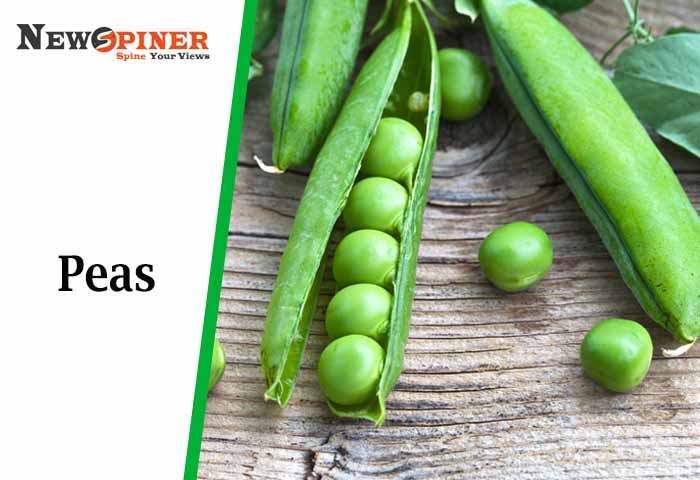
This vegetable can either be taken as raw or cooked for the meal. It doesn’t harm the individual in any way. The other benefit of this vegetable is it helps in controlling weight. Also, the blood sugar levels can be regulated well with the aid of peas.
3: Spinach:
Spinach is one of the most common leafy vegetables in any Indian Household. It consists of several vitamins and minerals and could greatly help in maintaining the body. While consuming spinach prevents you from cancer and asthma.

It also helps in reducing blood pressure, which means it is great for someone suffering from hypertension. Lastly, it also promotes healthy skin and enhances hair development.
4: Turnip:
Turnip is also considered as one of the top produce vegetables in the winter season. The green part of turnip is full of vitamin A. It promotes better health for your lungs and limits lung inflammation. The effect of Turnip consumption is that it can help in curing kidney stones. Unless you have major stone formation, the regular eating of turnip may reduce the disorder.
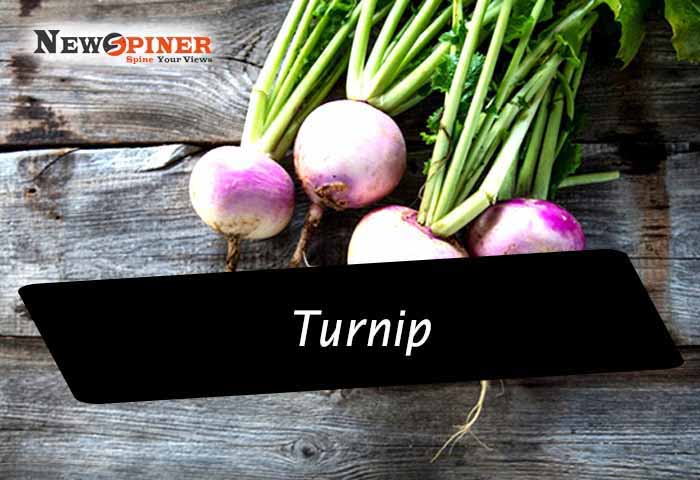
5: Beets:
Beets are available throughout the whole year but the freshest is available in the winter season. This contains a compound that helps in preventing heart disease and liver disease. Apart from these benefits, the beets can improve blood circulation to the brain. These are better in the winter season and are low in calories. It is suitable for the consumption in cold weather of winter.
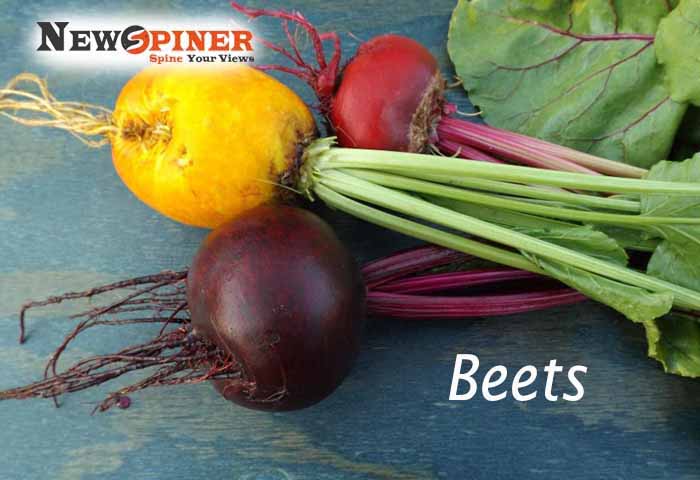
Top 5 Winter Fruits in India
Here are the fruits which we get in winter:
1: Apples:
There is a very popular proverb that states “An Apple a day keeps the doctor away”. This is quite true when you think about the benefits you drive from consuming an apple. This particular food is great for your nervous system. The anti-oxidants that are present in it enhance the performance of the nervous system.
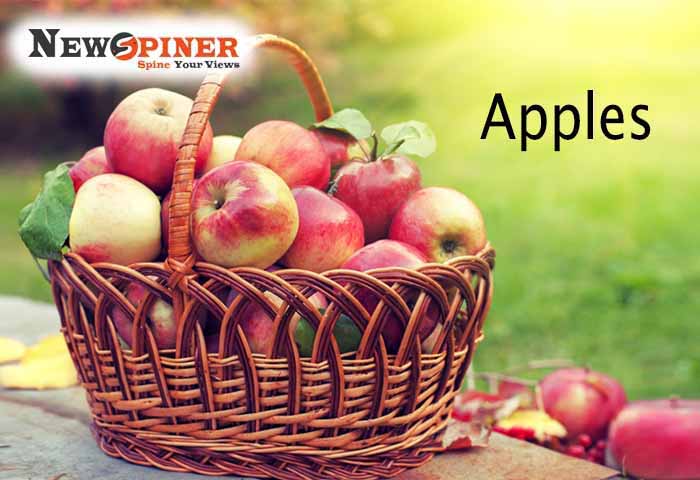
The implement in neurological health from consuming apple can help in maintaining a good and healthy lifestyle. Moreover, you can also reduce the risk of a thrombotic stroke besides preventing diabetes.
2: Oranges:
Oranges are the most common winter fruit in India. These are easy to carry and can be convenient to eat in the workplace. It contains a great source of vitamin C and is essential to remain healthy and fit during winters.

There is some other important benefit of consuming oranges. As per the studies, it has been shown that fruit is quite effective in reducing the risk of developing cancer. Oranges can fight off cancer-causing radicals.
3: Pomegranate:
Pomegranate is a great healthy choice of fruit when it comes to the winter season. This fruit is great in battling hypertension and controlling blood pressure levels. Pomegranate is a source of fiber and helps with the digestive system. The juice of the pomegranates is very helpful in curing the inflammation of joints.
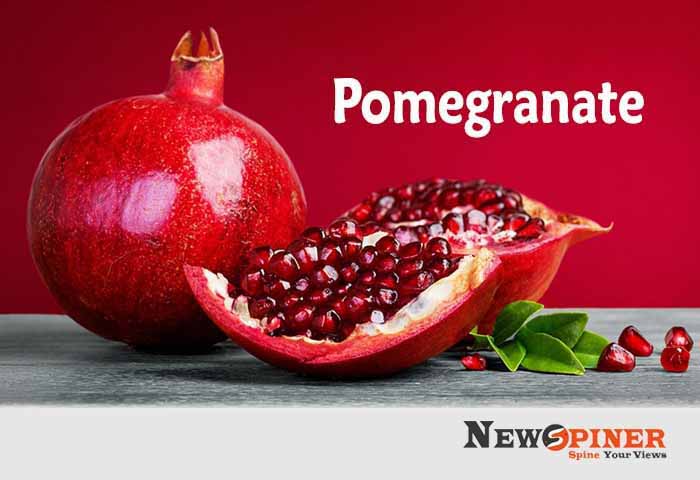
4: Grapes:
Grapes are available throughout the whole year. And the real benefits of the fruit can be gained when it is consumed in the winter. It prevents skin problems due to their anti-oxidant composition. These provide great benefits to your knees and eyes. Therefore this fruit is beneficial for both older and younger people.

5: Guavas:
Similar to apples the guavas are also available throughout the whole year. The most beneficial effects are been found in this fruit and are consumed during the winter season. The folate in Guava helps in promoting fertility in human beings.
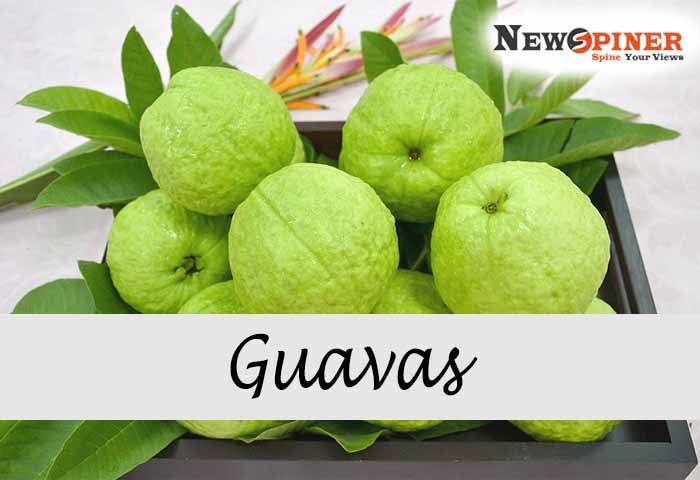
Moreover, it regulates the functionality of the thyroid glands. The fruit generally acts as an antiseptic in case of cuts. You can apply the guava on the cut leads and the tissue starts getting healed. Due to its high fiber, the content that is present in Guava helps against constipation.
In winter your body metabolism gets usually low so it is highly advisable to take fruits and vegetables and have nutrients. In addition to it, eating seasonal fruits and vegetables makes you healthier as the nutrient vary when growing in the off-season.
Also Read:
Natural Remedies for Dry Skin in Winter
Summer Fruits and Vegetables in India




